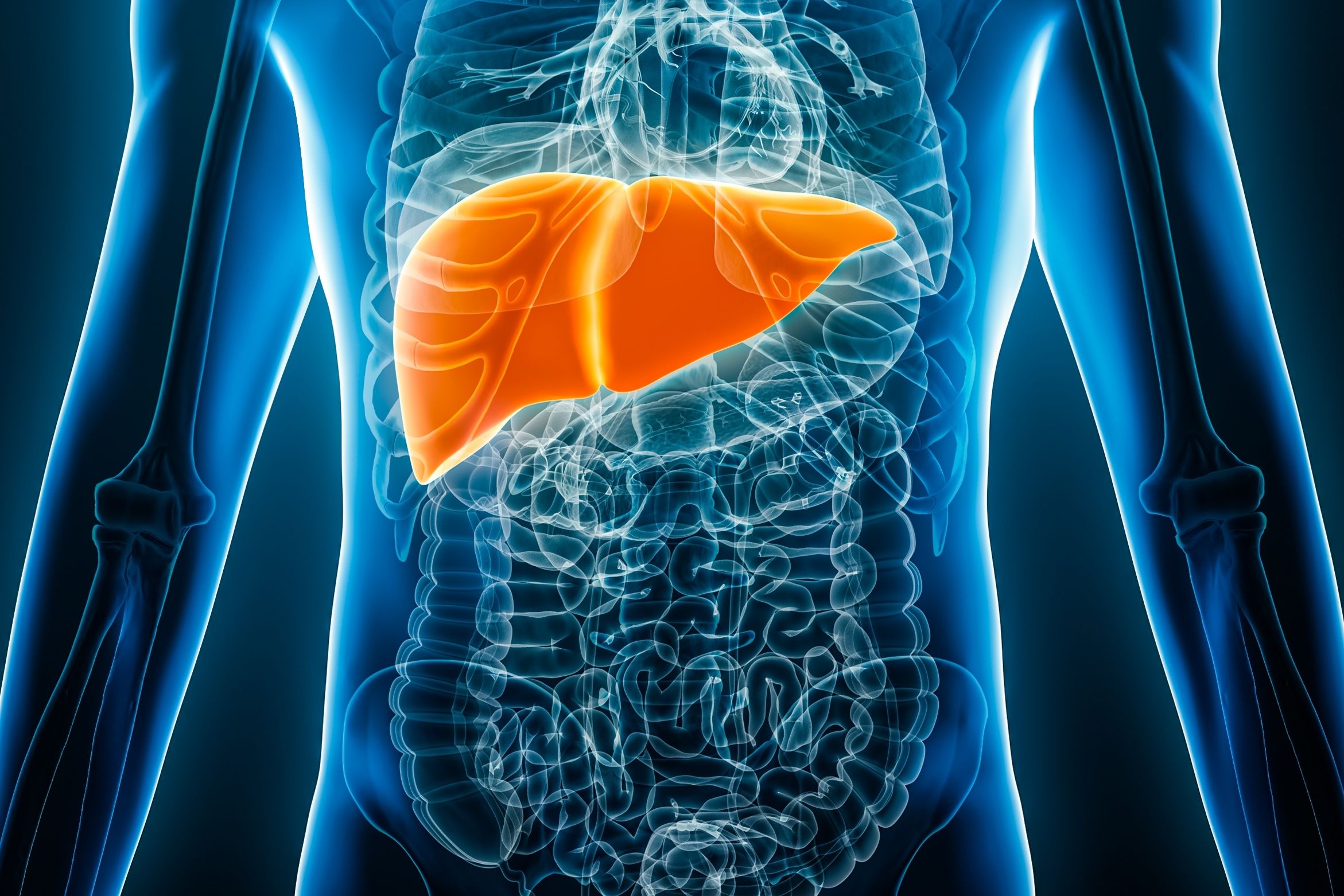
(Vienna, 08 August 2025) Completely abstaining from alcohol can improve the prognosis of patients with predominantly alcohol-related liver disease. Even a regression of liver-related complications appears possible through abstinence - even after the progression to cirrhosis. However, whether these clinical improvements are also accompanied by an improvement in portal hypertension - a key trigger for complications – had remained unclear. Scientists from the Department of Medicine III at MedUni Vienna and University Hospital Vienna have now provided evidence that portal hypertension can be significantly improved through consistent abstinence from alcohol. The results of their clinical study were recently published in the specialist journal "Clinical Gastroenterology and Hepatology".
The study focused on patients with alcohol-related cirrhosis who had overcome previous complications of their liver disease through long-term abstinence from alcohol - a condition referred to in medical terms as "re-compensation". The research team led by Benedikt Hofer and Thomas Reiberger from the Clinical Division of Gastroenterology and Hepatology at the Department of Medicine III of MedUni Vienna and University Hospital Vienna has now investigated the course of portal hypertension after re-compensation in 29 patients with alcohol-related liver cirrhosis for the first time.
Portal hypertension - elevated blood pressure in the blood vessels that return blood from the gastrointestinal tract to the liver - is considered one of the main risk factors for the occurrence of complications of liver cirrhosis. However, whether a resolution of clinical complications as a result of continued abstinence from alcohol is also associated with a reduction in portal hypertension has not yet been clearly established. Using direct measurements of the hepatic venous pressure gradient, the research team has now been able to gain new insights: "Our results clearly show that patients with clinical re-compensation can also achieve a marked reduction in portal pressure through long-term alcohol abstinence," explains Benedikt Hofer, first author of the study.
A further step in understanding alcohol-related cirrhosis
Liver cirrhosis refers to a pronounced scarring of the liver that can be caused by a wide variety of triggers. In Western countries, prolonged and excessive alcohol consumption is one of the most common causes. Complete and long-term abstinence from alcohol is not only the cornerstone of treatment for patients in the early stages of alcohol-related liver disease but should also be aimed for in advanced stages and after the progression to cirrhosis.
"We have already been able to show in previous studies that abstinence is an essential step for all patients with alcohol-related liver disease in order to improve their prognosis in the long term - regardless of the severity of liver disease," says study leader Thomas Reiberger, adding: "Above all, the close collaboration with the Department of Psychiatry and Psychotherapy and the outpatient clinic for people at risk of alcoholism at the Medical University of Vienna and University Hospital Vienna, headed by Daniel König-Castillo, enables comprehensive care for patients to maintain abstinence from alcohol." Even complete regression of all liver-related complications is possible with abstinence, as Thomas Reiberger's team has already been able to prove in previous research. "The current results now represent a further important step in research into alcohol-related cirrhosis and provide new insights into the liver's regenerative potential," emphasises Benedikt Hofer.
Focus on personalised medicine
In the recompensated stage of cirrhosis, a minimally invasive measurement of the hepatic veinous pressure gradient remains the gold standard for assessing portal hypertension. Nevertheless, the new study results clearly show that non-invasive methods are also accurate and feasible for estimating portal hypertension severity after recompensation. Study leader Thomas Reiberger also emphasises this: "Both the measurement of liver and spleen stiffness and blood-based parameters are promising methods for estimating portal vein pressure and thus enable personalised therapy and non-invasive assessment of the risk of complications in our patients."
Publication: Clinical Gastroenterology and Hepatology
Course of portal hypertension and applicability of non-invasive tests after
recompensation in alcohol-related cirrhosis;
Benedikt Silvester Hofer, Georg Semmler, Benedikt Simbrunner, Georg Kramer, Mattias Mandorfer, Thomas Reiberger; Vienna Hepatic Hemodynamic Lab and Collaborators;
https://doi.org/10.1016/j.cgh.2025.07.021